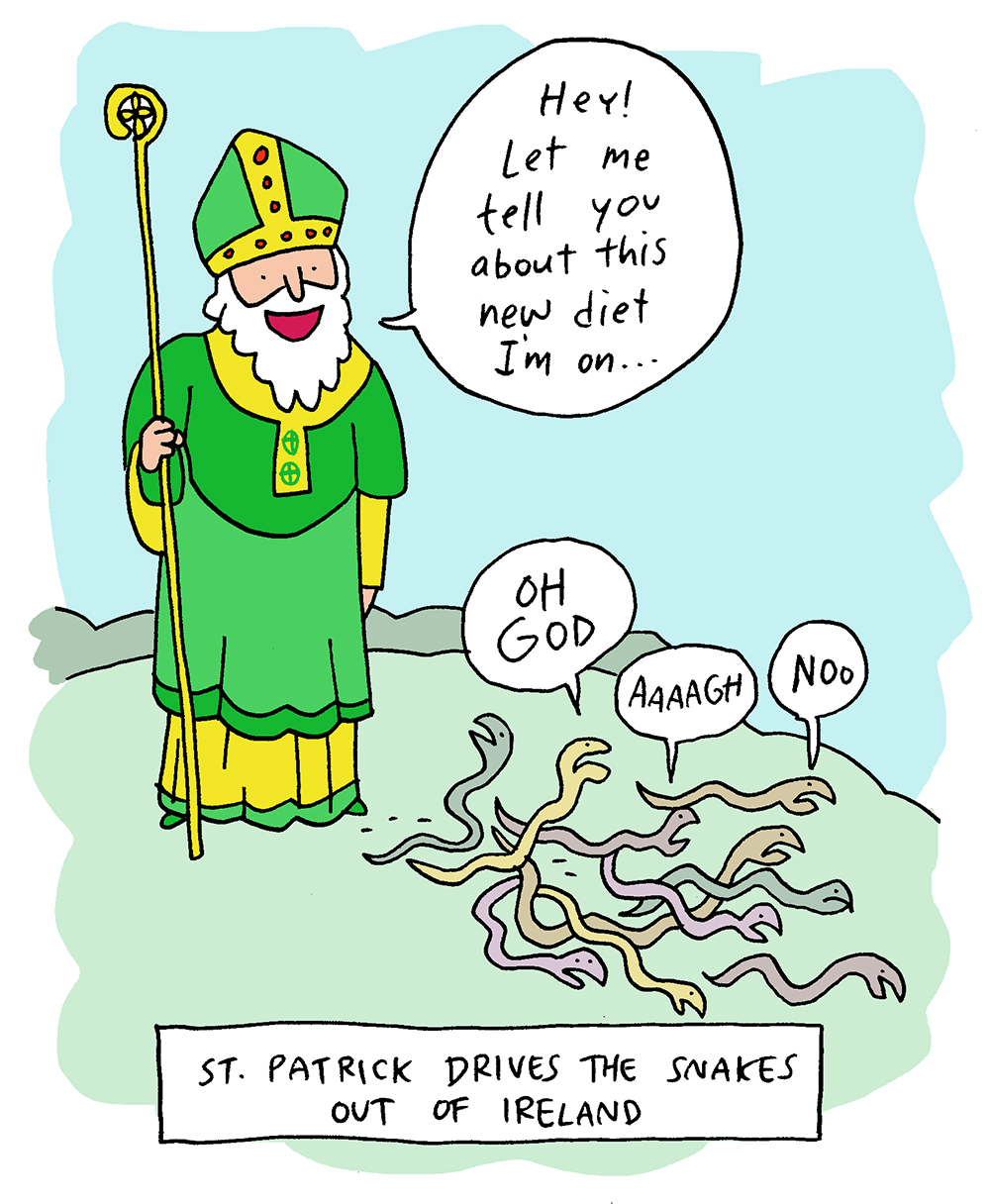Monday Message, September 12, 2022
KNOW
Our first Clergy Check In is this week. Please encourage your pastor, parochial vicar, or deacon to check in and hear about the great things happening this year – or even ask questions about faith formation. Registration is here.
If you have not yet signed up for Catechetical Summit II on September 20th at Holy Spirit in Stamford, please visit this page.
New Parish Catechetical Leader (DRE/CRE), please make sure you are enrolled for our new Onboarding program. More details here.
REFLECT
Faith Formation Out of Sequence
Though not a new phenomenon, as we move out of the shadow of Covid, more and more parishes are finding families at their doorsteps in need of formation and sacramental preparation. In many cases, the children have not been present for several years, if ever, and are missing major elements of their formation.
Some leaders would be inclined to simply enroll the children in the appropriate grade, according to the age of the child. The problem here is clear: How does a child who has not been in faith formation for a few years catch up with all the information that has been shared?
Several parishes have already developed separate programs wherein these young people are formed as a community and are accompanied through the formation that was missed. These parishes find great success in welcoming young people and their families back into the Church because, in the words of St. John Bosco, they meet the young people where they are and invite them to where they ought to be.
If you find a child is baptized but somehow missed First Communion or First Reconciliation, and is not yet old enough for Confirmation, parish leaders are encouraged to create formation opportunities for the child and his or her family and then set up a time when the child can participate in Reconciliation and receive Holy Communion. That child could simultaneously enroll in the parish’s faith formation opportunities.
If however, you find a that a child is unbaptized and has reached the age of reason, identified in the United States by the USCCB as seven years of age, that case is handled differently. We cannot ignore the norms which tell us that the sacraments of initiation cannot be separated if the child before us is beyond the age of reason and unbaptized. Therefore, children over the age of seven who are unbaptized would need to be formed in a catechetical model similar to the Rite of Christian Initiation for Adults and receive all the sacraments of initiation at the Easter Vigil. Certainly, it is inappropriate to combine children and adults into one class. Therefore, parishes might consider joining together to offer formation for children and teenagers who are unbaptized.
The fear, of course, is that a child who is over the age of seven and is fully initiated at the Vigil would be “finished” and see no need to return to the parish for formation. Yet that fear uncovers a classic misunderstanding of faith formation. Formation is not a means to an end, it is a lifelong journey and we must help parents and students understand this reality. Of course a fully initiated child would be welcomed and encouraged to take advantage of faith formation after their initiation, just like an adult would be welcomed into Bible Study, Men’s and Women’s ministry, and other offerings appropriate to their age.
In any case, pastoral care must be paramount. Welcoming the children and the family back the formation is essential. The reasons for absences from faith formation are varied and, at this point, irrelevant. What matters most is developing a path for young people to receive the sacraments according to the laws of the church and in such a way that forms them in a pedagogically appropriate manner.
If you’d like more information on resources that would be helpful, or if your parish already has such a program in place, please contact institute@diobpt.org so we can share your success with others.
The above memo will be sent to all pastors this afternoon.
LAUGH

